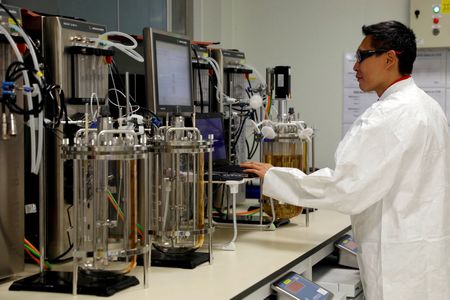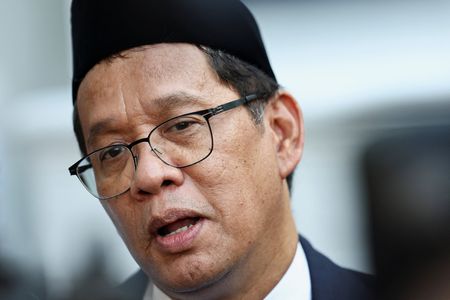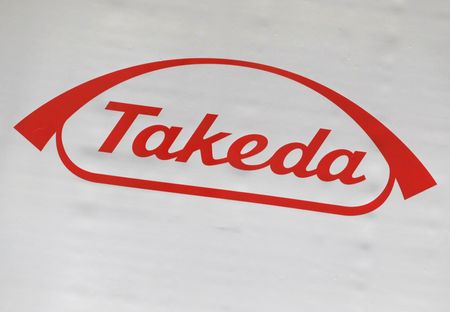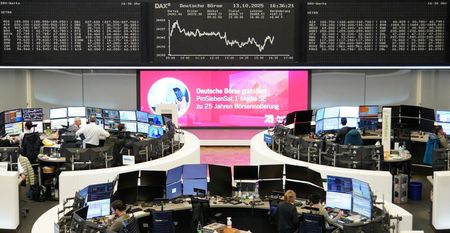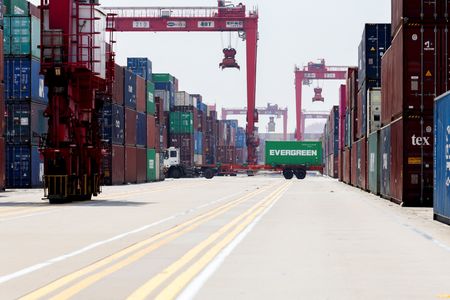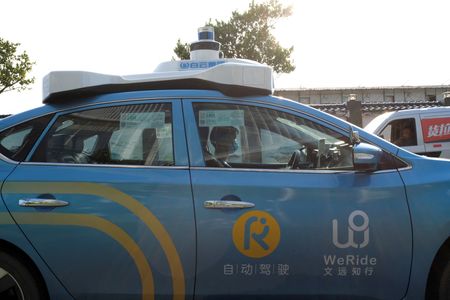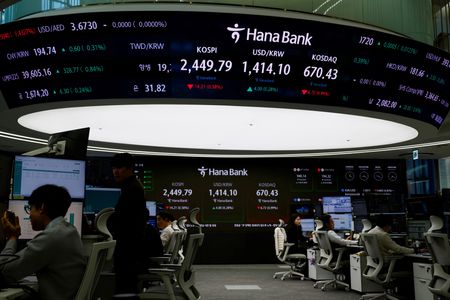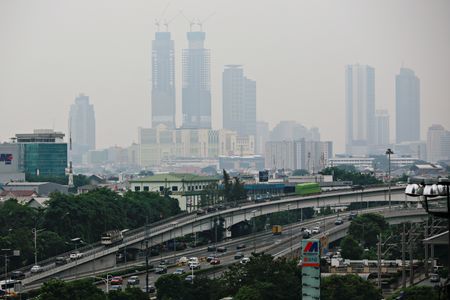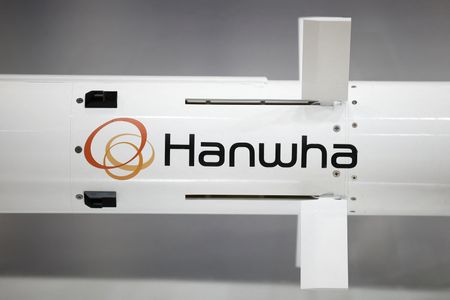SINGAPORE (Reuters) -The implementation of a U.S. tariff on Singapore’s pharmaceutical exports has been delayed to allow companies to negotiate possible exemptions with the U.S. administration, the Straits Times newspaper cited a junior minister as saying on Tuesday.
The U.S. announced a 100% tariff on branded drugs last month and it was originally meant to take effect from October 1.
The Straits Times did not say if the minister of state for trade, Gan Siow Huang, gave a fresh date for the tariff’s introduction.
But she said Singapore-based pharmaceutical companies are now waiting to hear from the U.S. administration to determine if their plans to build and expand manufacturing capacity would qualify them for an exemption, the paper reported.
Singapore’s exports to the United States are subject to a 10% baseline tariff. That is lower than the tariffs imposed on its Southeast Asian neighbours, but sectoral levies – including the 100% tariff on branded drugs – remain a significant concern.
Singapore exports about S$4 billion ($3.1 billion) of pharmaceutical products to the United States, most of which are branded drugs, and pharmaceuticals form around 13% of all Singapore’s exports to the country.
Broader sectoral tariffs could hurt demand for Singaporean products, including semiconductors and consumer electronics as well as pharmaceutical goods. The three sectors account for about 40% of exports to the United States, the central bank said in July.
The effective U.S. tariff rate on Singapore’s exports rose to 7.8% in July from 6.8% in April on the back of steel and aluminium tariff hikes.
Trade talks between both countries are ongoing, including on a preferential tariff arrangement for Singapore’s pharmaceutical exports, the Straits Times cited Gan as saying.
(Reporting by Xinghui Kok; Editing by David Stanway)

